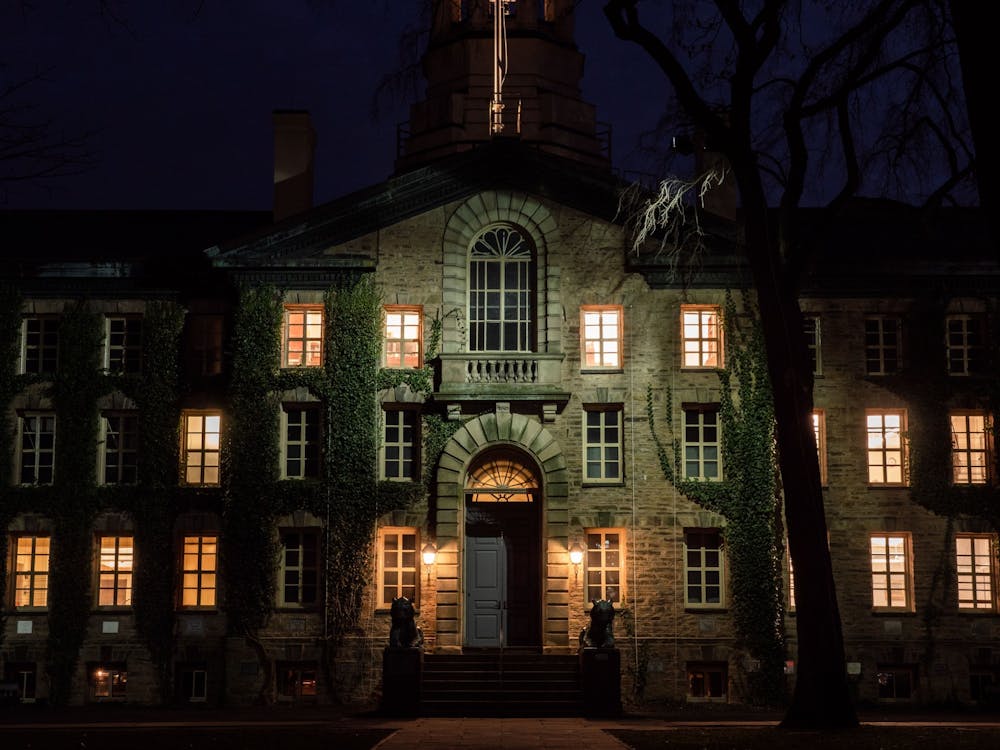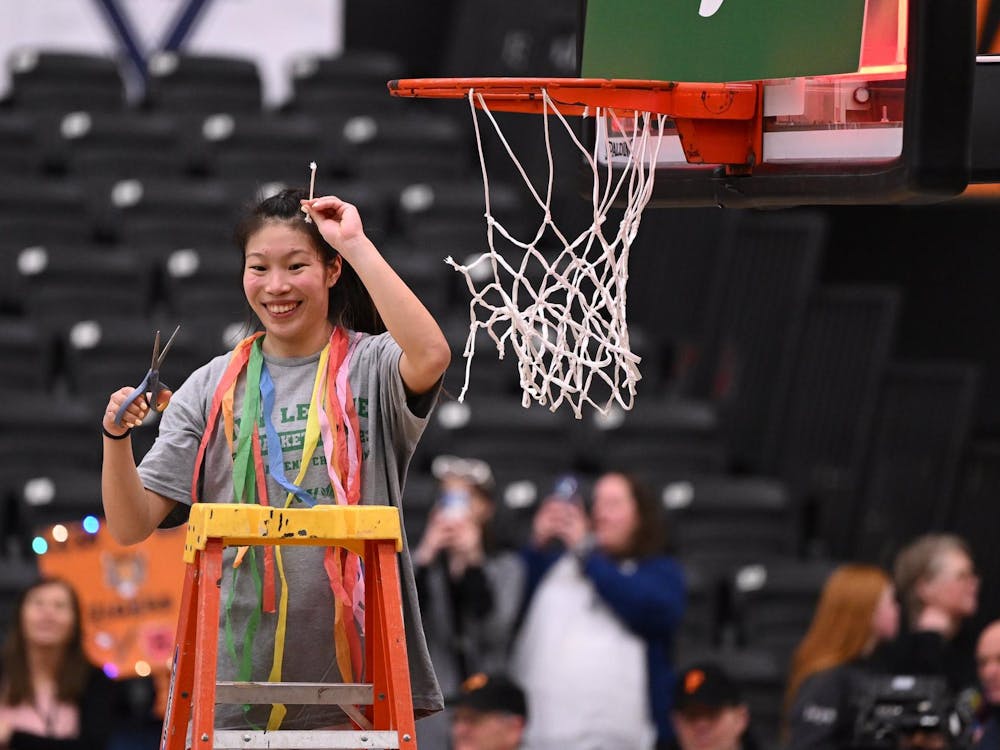On Jan. 25, Dean of the College Jill Dolan and Dean of the Graduate School Rod Priestley sent a memo to the University faculty offering guidance for regulating the usage of Artificial Intelligence (AI). The memo outlines the University’s philosophy pertaining to the academic usage of text-based AI such as ChatGPT, a new chatbot software that can generate human-like text responses and has generated discussion on its use and academic integrity.
The University declined to establish a University-wide policy on the usage of ChatGPT. Instead, they asked instructors to determine their own policy pertaining to the use of ChatGPT in their classes. The University is not banning ChatGPT, which multiple large public school districts have.
In lieu of formal rules, Dolan and Priestley gave four recommendations for professors to include in their own policies: “Be Explicit/Avoid Misunderstandings,” “Explain Your Pedagogical Rationale,” “Design Assignments with Care,” and “Teach Your Students What AI Can and Can’t Do.”
ChatGPT is described in the memo as a potentially useful tool, not as a threat to education that some observers have warned of. In the memo, Dolan and Priestley write, “AI will make higher education and the nuanced and sophisticated ways of thinking it teaches even more essential.”
The memo offers a vision of education in which ChatGPT is incorporated into lessons. Dolan and Priestley suggest that instructors have students ask ChatGPT questions about class readings in order to evaluate the merits of its answers and invite students to ask ChatGPT to draft an essay in response to a prompt on which they have already written their own essays.
Dolan and Priestley also note the limitations of ChatGPT, including its inability to cite sources, and gaps in knowledge of information behind paywalls or events after 2021.
The memo does not make any reference to AI-detecting software such as GPTZero, designed by Edward Tian ’23.
While it is unknown how prevalent the use of ChatGPT is among University students, recent surveys suggest that the influence of AI can already be seen on college campuses. An article from The Stanford Daily suggests that at least “scores” of students used the AI tool on their end-of-semester finals and assignments — “around 17% of Stanford student respondents reported using ChatGPT to assist with their fall quarter assignments and exams,” the article claims.
Dolan and Priestley included a reminder that “the undergraduate Honor Code and all campus academic integrity rules are quite clear that students must produce original work,” suggesting that while the University will not be establishing a formal policy, unsanctioned uses of it are violations of the University’s academic integrity rules.
Dolan and Priestley acknowledged the potential for language-based AI models to become more sophisticated, presenting new challenges and opportunities. They ended their email with a call for experimentation and feedback: “We hope you’ll share your teaching suggestions with us as you experiment with this emerging technology, and keep us posted about what you’re seeing and hearing in your classrooms.”
Julian Hartman-Sigall is an Assistant News Editor and Assistant Newsletter Editor for the ‘Prince.’
Please direct any corrections requests to corrections[at]dailyprincetonian.com.









